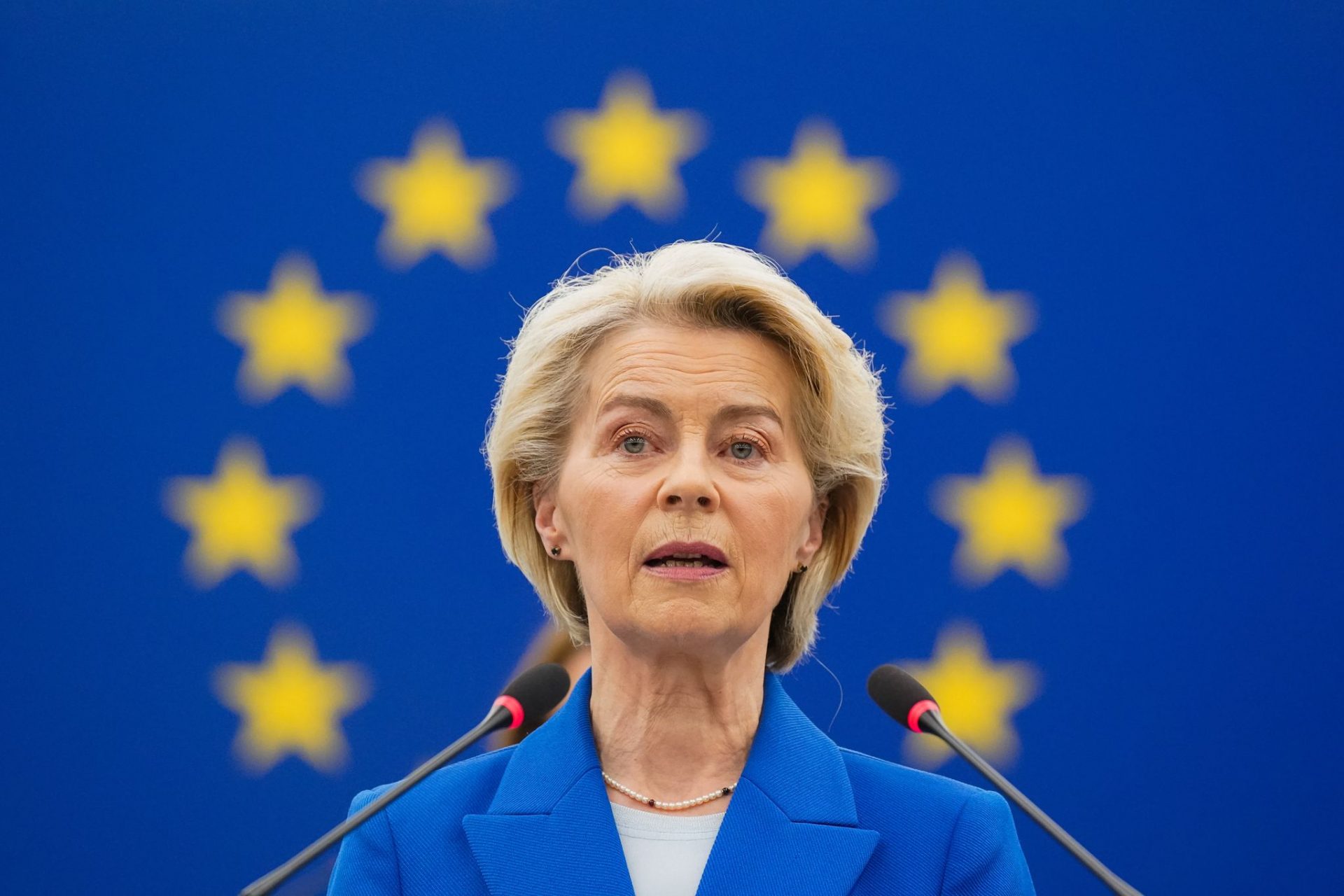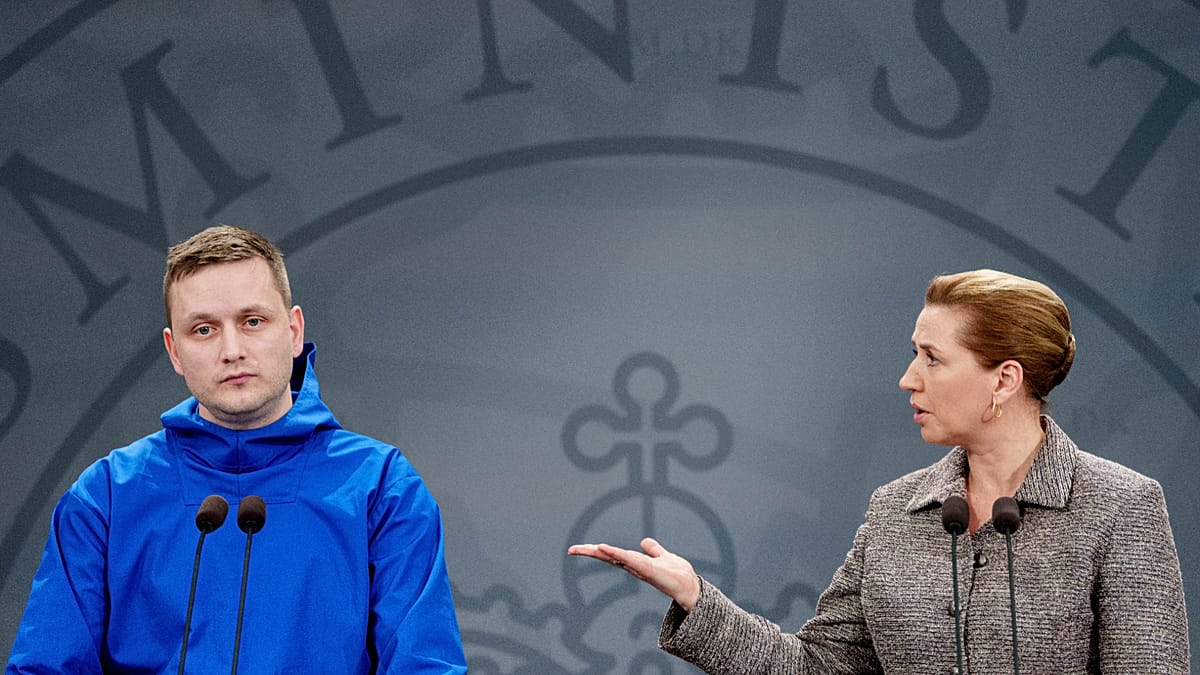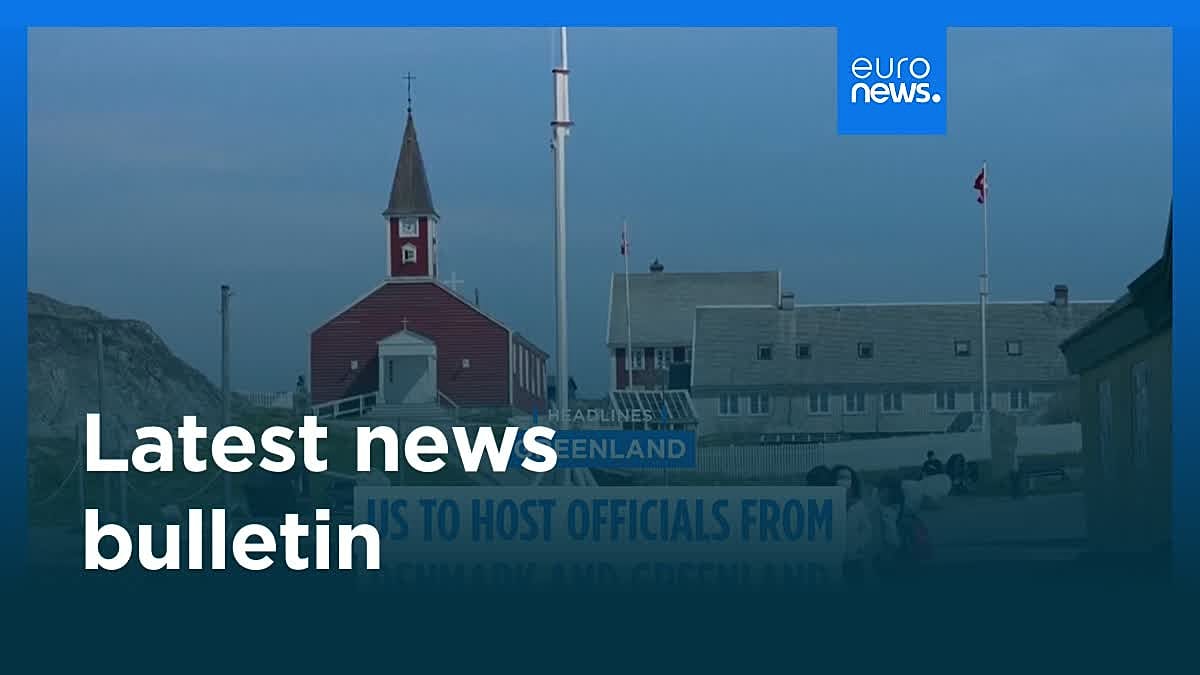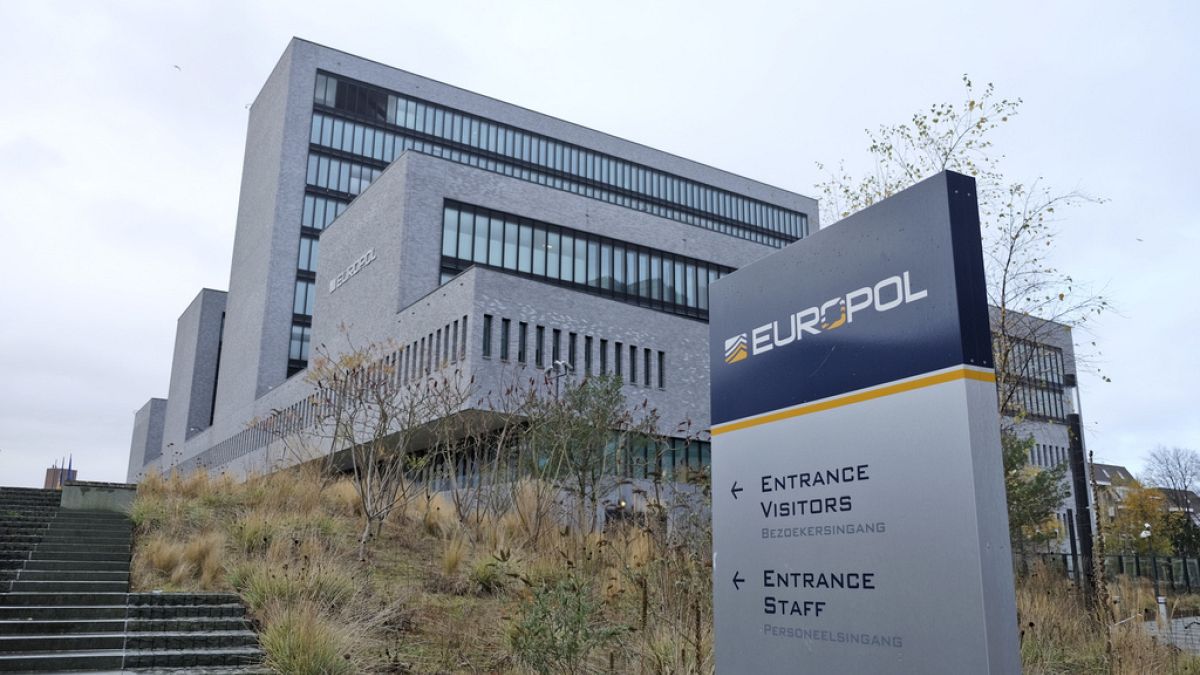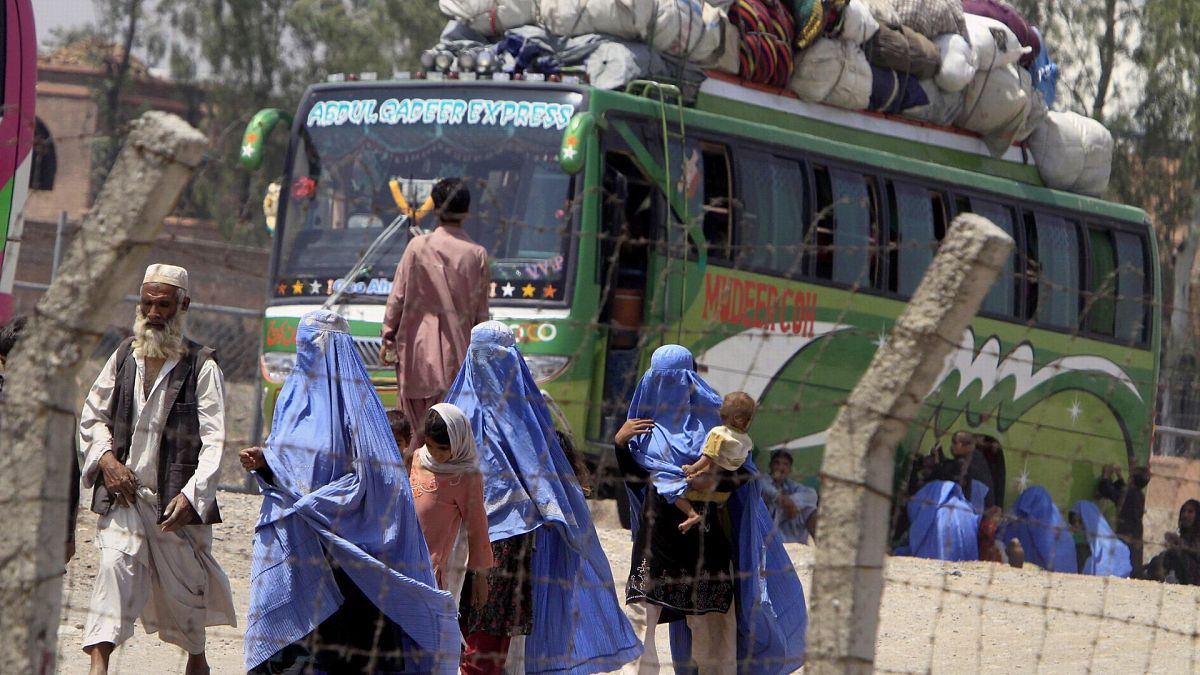Slovak MEPs from the AGRI committee outlined the priorities of EU agri-policy after 2027

Brussels/Strasbourg – Members of the European Parliament (EP) expressed during this week’s plenary session in Strasbourg their support for a larger separate budget for the common agricultural policy in the EU’s long-term budget after 2027. The TASR reporter on this topic contacted both Slovak MEPs from the EP Committee on Agriculture and Rural Development (AGRI).
MEPs agreed that the EU’s common agricultural policy must not be integrated with other areas of funding in the upcoming multiannual financial framework (MFF) nor become part of a broader financial package that member states use for purposes other than agriculture. They also called for a reduction in bureaucracy for farmers and for incentives for those who meet environmental and social goals.
Equalize direct payments and simplify the drawing of funds
Katarína Roth Neveďalová (independent/Smer-SD) stated that the EU should not cut funds for farmers and food producers. “On the contrary, we need to increase their funding, equalize direct payments, and simplify the drawing of funds. We must reduce not only the bureaucratic burden for them but also environmental standards. Farmers must not bear the weight of our green goals alone,” she explained.
Fairer, more targeted support for small businesses, family farms, and young farmers
Michal Wiezik (RE/PS) pointed out that amid geopolitical conflicts and ongoing climate change, farmers in the EU face growing uncertainty and a significant administrative burden, which has also led to their extensive protests. “For this reason, I consider the Report on the Future of the Common Agricultural Policy after 2027 to be a step in the right direction. The report calls for a strong and unified policy with its own budget, with a lower level of bureaucracy and fairer, more targeted support for those who need it most – for small businesses, family farms, and young farmers,” he said.
In practice, this means that farmers will continue to receive secure and reliable support through a dedicated budget of at least 300 billion euros. Payments will be targeted to support the entrepreneurial activities of farmers, including agro-environmental measures, investments in modernization, and the introduction of new practices and technologies. Member states will also utilize the new National and Regional Partnership Fund – a package totaling 865 billion euros, which will also serve to finance business support in rural areas.
“However, it will be necessary to ensure that reducing bureaucracy is not associated with reducing control – transparency and control of fund disbursement must prevent fraudulent discrepancies, which we have recently experienced in Slovakia,” he stated. He also considers excessive flexibility and simplification to be a risk, which could lead to a reduction in environmental standards, representing a step back from current agri-policy. He also claims that in times of climate change with droughts and floods, the protection of soil, water, and biodiversity is a direct condition for food security, not an obstacle to it. (September 12)




